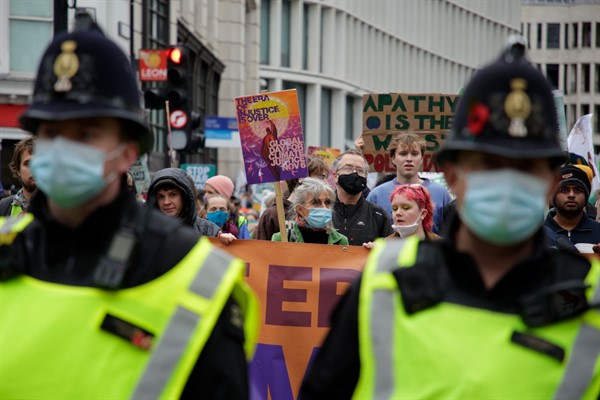To mark the 75th anniversary of the United Nations in 2020, its member states issued a collective declaration to express their commitment to transformative change and new efforts to address the major challenges of the 21st century. In the same declaration, they also committed to “listening to and working with youth.” But what does this mean in practice?
When young thinkers and activists are asked what needs to change with regard to how the international system engages with them, the word they most often use is “tokenistic.” They are sick of being asked to speak at events, ostensibly on behalf of all the world’s young people, and used for photo opportunities by leaders wanting to appear like they are “down with the kids.” What young leaders now demand instead is “meaningful engagement” and “intergenerational co-leadership.”
This message is slowly getting through to the “authority generations” that currently monopolize positions of responsibility. Still, if at many U.N.-related events—including some that I have personally attended—ambassadors and national leaders use buzzwords like “meaningful engagement” and “intergenerational co-leadership,” unfortunately, that’s all they are: buzzwords, which haven’t yet brought about any real change.

